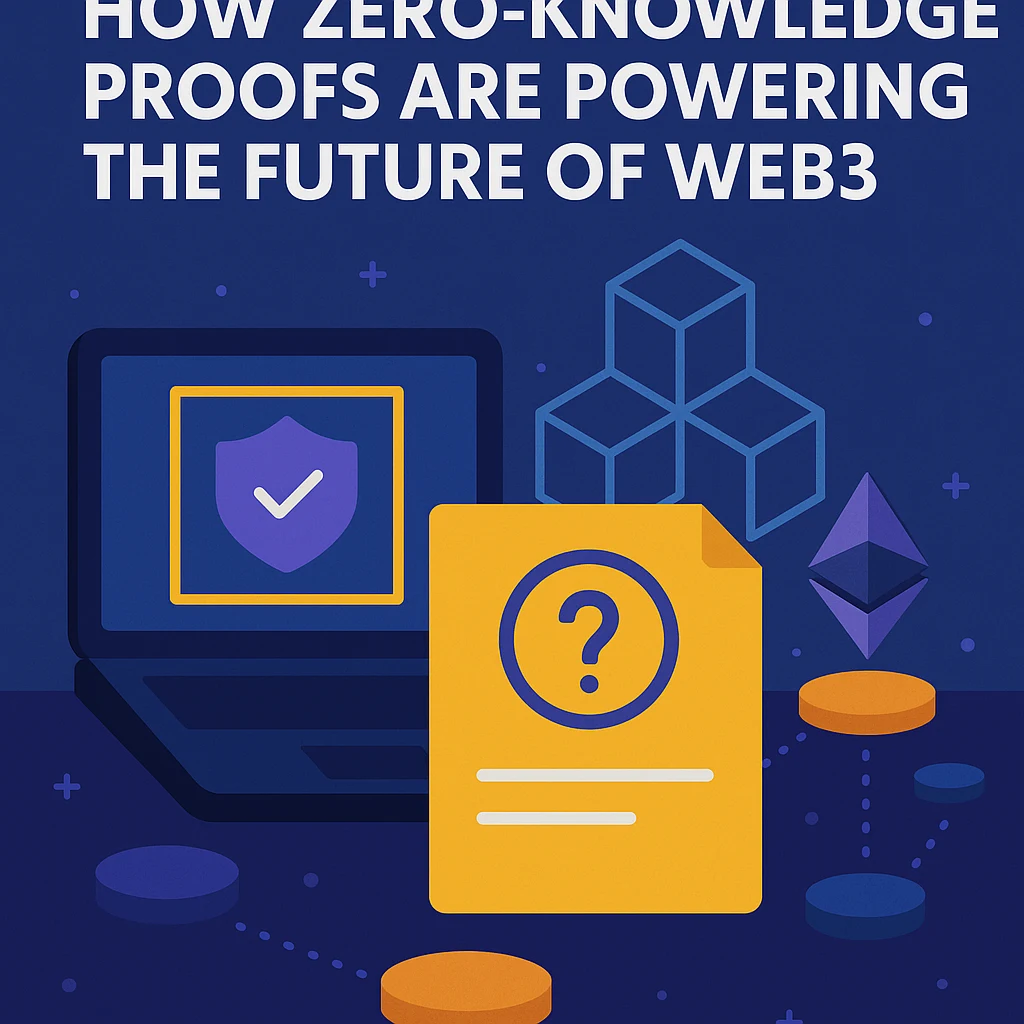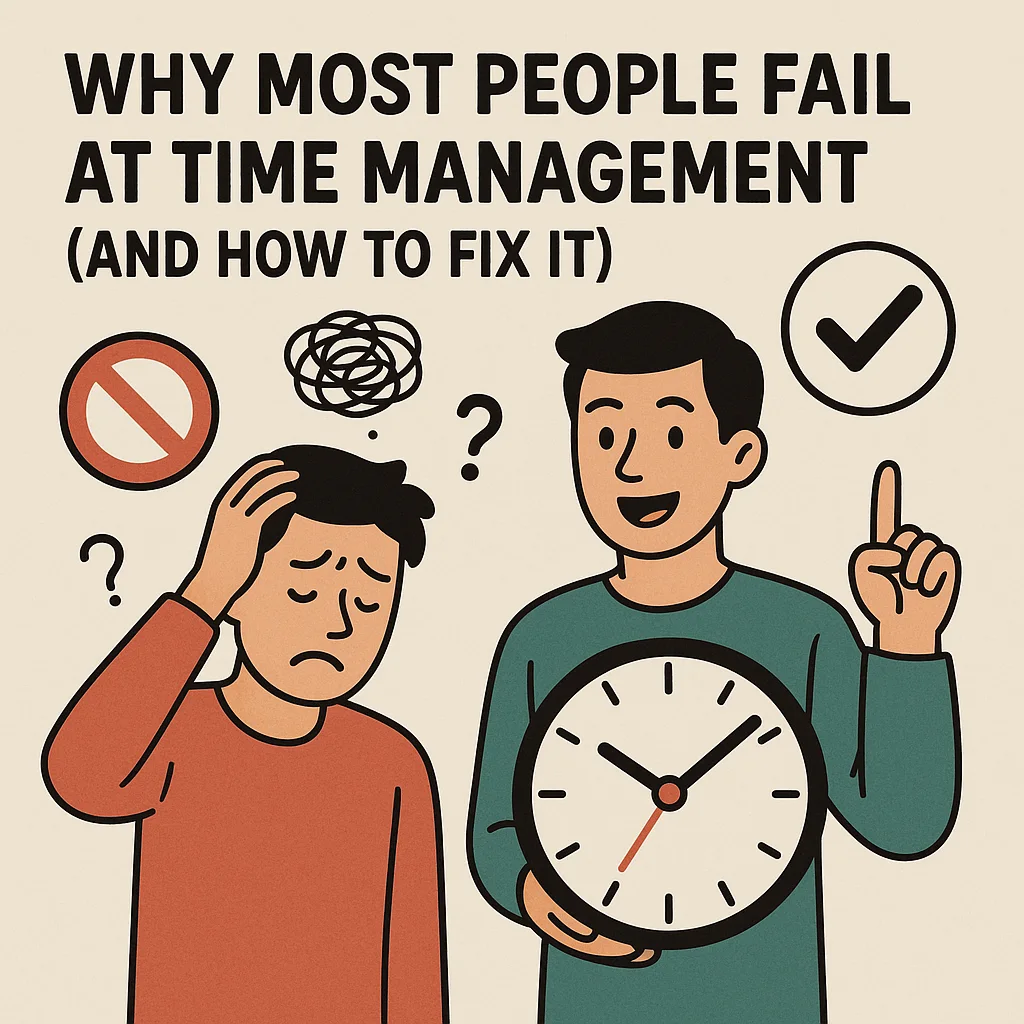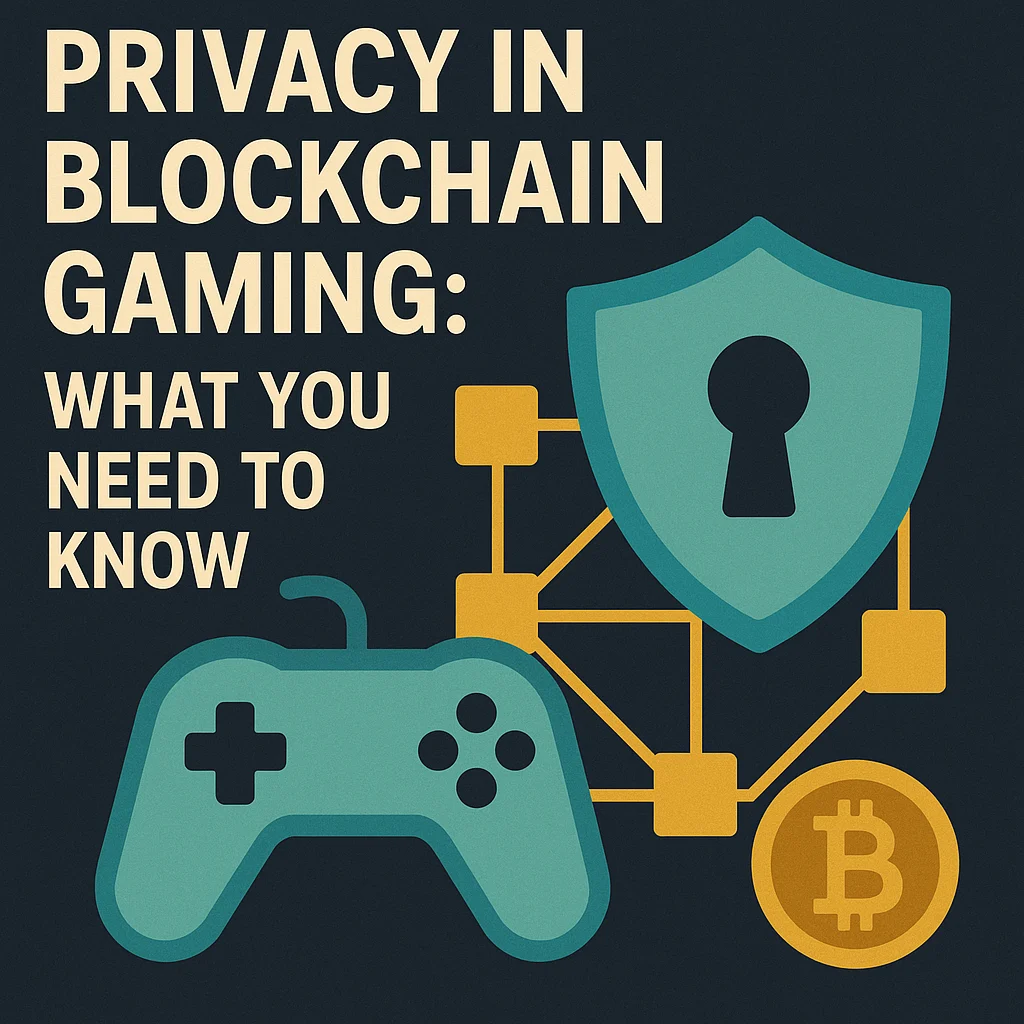With its decentralized, user-owned, permissionless, and secure ecosystem, "Web3" has come to represent the next stage of the internet's development. As more people become interested in cryptocurrencies, blockchain technology, and decentralized apps (dApps), the demand for trustless systems that preserve privacy without sacrificing openness is growing.
Presenting Zero-Knowledge Proofs (ZKPs), a revolutionary cryptographic technique that is subtly transforming the Web3's foundations. ZKPs are becoming one of the most crucial tools in the blockchain toolbox, offering everything from decentralized identity and compliance to scalability and privacy.
In-depth discussions of zero-knowledge proofs' operation, practical uses, and growing importance to Web3's future will be covered in this blog.
What Are Zero-Knowledge Proofs?
Cryptographic protocols known as Zero-Knowledge Proofs (ZKPs) enable one party (the "prover") to prove to another (the "verifier") that they are aware of a particular fact without disclosing the information itself.
A Simple Analogy:
Let's say you want to convince someone that you know the solution to a puzzle without giving it away. You can persuade someone that you know the answer using zero-knowledge proofs without providing them with any specifics.
Computer scientists Shafi Goldwasser, Silvio Micali, and Charles Rackoff first proposed this idea in the 1980s, and it has since developed into a key component of contemporary cryptography.
Key Properties of ZKPs
-
Completeness: If the statement is true, an honest prover can convince the verifier.
-
Soundness: If the statement is false, a dishonest prover can’t fool the verifier.
-
Zero-Knowledge: The verifier learns nothing other than the fact that the statement is true.
These principles form the foundation for a wide range of cryptographic applications.
Types of Zero-Knowledge Proofs
1. Interactive ZKPs
These require back-and-forth communication between the prover and verifier.
2. Non-Interactive ZKPs (NIZKPs)
Without any interaction, these proofs can be sent in a single message. NIZKPs are frequently utilized in blockchain protocols and are more scalable.
3. zk-SNARKs (Zero-Knowledge Succinct Non-Interactive Argument of Knowledge)
Highly efficient, succinct, and fast. Used in projects like Zcash.
4. zk-STARKs (Zero-Knowledge Scalable Transparent Argument of Knowledge)
Do not require a trusted setup, offer better scalability and are considered the next-gen ZKPs.
Why Web3 Needs Zero-Knowledge Proofs
Web3 is built on decentralization and transparency—but too much transparency can compromise privacy and security. For instance:
-
On Ethereum, every transaction is public.
-
Your wallet address can be linked to your identity.
-
Participation in DeFi or DAOs can expose sensitive financial behaviors.
Zero-knowledge proofs solve this problem by allowing verification without revealing data.
Use Cases of ZKPs in Web3
Let’s explore how ZKPs are actively shaping the future of decentralized technologies:
1. Privacy-Preserving Transactions
Problem: Public blockchains expose all transaction data, including addresses and amounts.
Solution: ZKPs can mask this data while still ensuring the transaction is valid.
Example:
-
Zcash: A privacy-focused cryptocurrency that uses zk-SNARKs to enable shielded transactions.
-
Aztec: A Layer 2 privacy protocol for Ethereum, using zk-rollups and zero-knowledge cryptography to enable private smart contracts.
2. Scalability with zk-Rollups
Problem: Ethereum and similar networks suffer from congestion and high fees.
Solution: zk-Rollups submit a single validity proof to the main chain after bundling hundreds of transactions off-chain. This increases throughput and significantly lowers gas prices.
Example:
-
zkSync: A Layer 2 scaling solution built with zk-rollups, offering faster and cheaper transactions.
-
StarkNet: Built using zk-STARKs, it scales Ethereum while providing composability and security.
Benefits include:
-
Lower gas costs
-
Faster confirmation times
-
Stronger security than optimistic rollups
3. Decentralized Identity (DID)
Problem: Web2 identity systems require personal information to be stored on centralized servers.
Solution: Without disclosing your true personal information, ZKPs can demonstrate that you meet specific requirements (such as being over 18, a citizen, or having KYC status).
Example:
-
Polygon ID: A digital identity framework using zero-knowledge technology.
-
zkPass: Enables private and verifiable identity credentials.
ZKPs can help build self-sovereign identity systems essential for decentralized finance, voting, and access control.
4. On-Chain Compliance
Problem: DeFi is largely unregulated, but integrating compliance often means sacrificing user privacy.
Solution: ZKPs can prove regulatory compliance (e.g., AML/KYC) without revealing the identity of users.
Example:
-
ZKPs could be used by a DeFi platform to confirm users are from authorized jurisdictions without keeping or displaying private information.
This allows for "compliant privacy", which is becoming increasingly important as regulators enter the crypto space.
5. Private Voting and DAOs
Problem: On-chain governance is transparent—but that means everyone can see how you vote.
Solution: ZKPs enable anonymous voting while ensuring that votes are valid and counted correctly.
Example:
-
MACI (Minimal Anti-Collusion Infrastructure) uses zero-knowledge to prevent vote buying and coercion in decentralized organizations.
This promotes fairer governance and preserves voter privacy.
6. Private NFTs and Metadata
Problem: NFTs often contain visible metadata, including transaction history and ownership.
Solution: ZKPs can hide sensitive metadata, offer private ownership, or protect artist royalties.
Example:
-
Private NFT projects may permit the disclosure of hidden content only in specific circumstances, such as a zero-knowledge proof of ownership.
Challenges and Limitations
While ZKPs are powerful, they’re not without limitations:
1. Complexity
The technical and mathematical complexity of ZK systems restricts their usability for developers.
2. Performance
Generating zero-knowledge proofs (especially zk-SNARKs) can be computationally intensive.
3. Trusted Setup
Some ZKP systems require a "trusted setup" phase, where if compromised, it could undermine the system’s integrity.
4. Lack of Standardization
Different blockchains and tools use different ZKP implementations, which affects interoperability.
The Future of Zero-Knowledge Proofs in Web3
ZKPs are rapidly becoming a foundational layer of Web3 architecture. Here’s what we can expect going forward:
1. Integration into Mainstream Protocols
Ethereum is already supporting zk-rollups, and more Layer 1s are exploring native zero-knowledge features.
2. Developer-Friendly Tools
Toolkits like zkSync SDK, SnarkJS, and Circom are making it easier to build ZK-based applications.
3. Cross-Chain Privacy
ZKPs could help establish privacy and data portability across multiple blockchains in the future.
4. Regulatory-Grade Privacy
Expect to see more solutions that balance compliance with privacy using ZKP-driven identity systems.
Final Thoughts
Zero-knowledge proofs are already changing the way we approach Web3 security, scalability, and privacy; they are no longer merely theoretical. ZKPs will be essential in developing systems that empower users, safeguard data, and preserve integrity as we move toward a decentralized internet and do not rely on confidence in middlemen.
The real-world uses of ZKPs are only expanding, ranging from decentralized ID systems that safeguard privacy to zk-rollups that scale Ethereum. And ZKPs might be the unseen force propelling Web3 into the mainstream as more developers and protocols adopt this technology.
The time to comprehend and capitalize on zero-knowledge proofs is now, regardless of whether you are a developer, investor, or regular user. Because knowing without showing could be the future in a world where surveillance and overexposure are becoming more and more prevalent.




